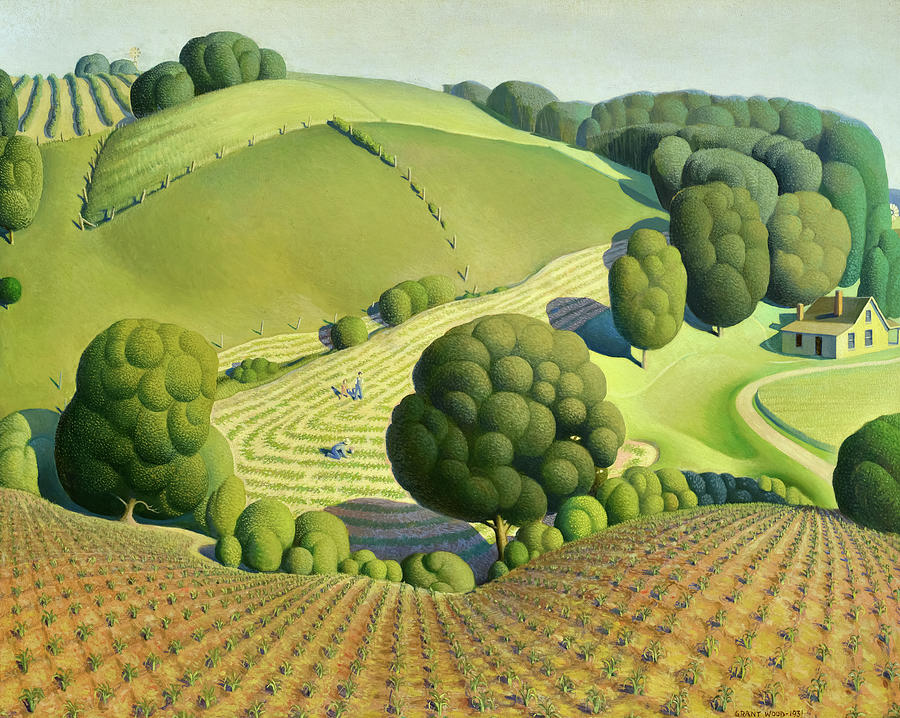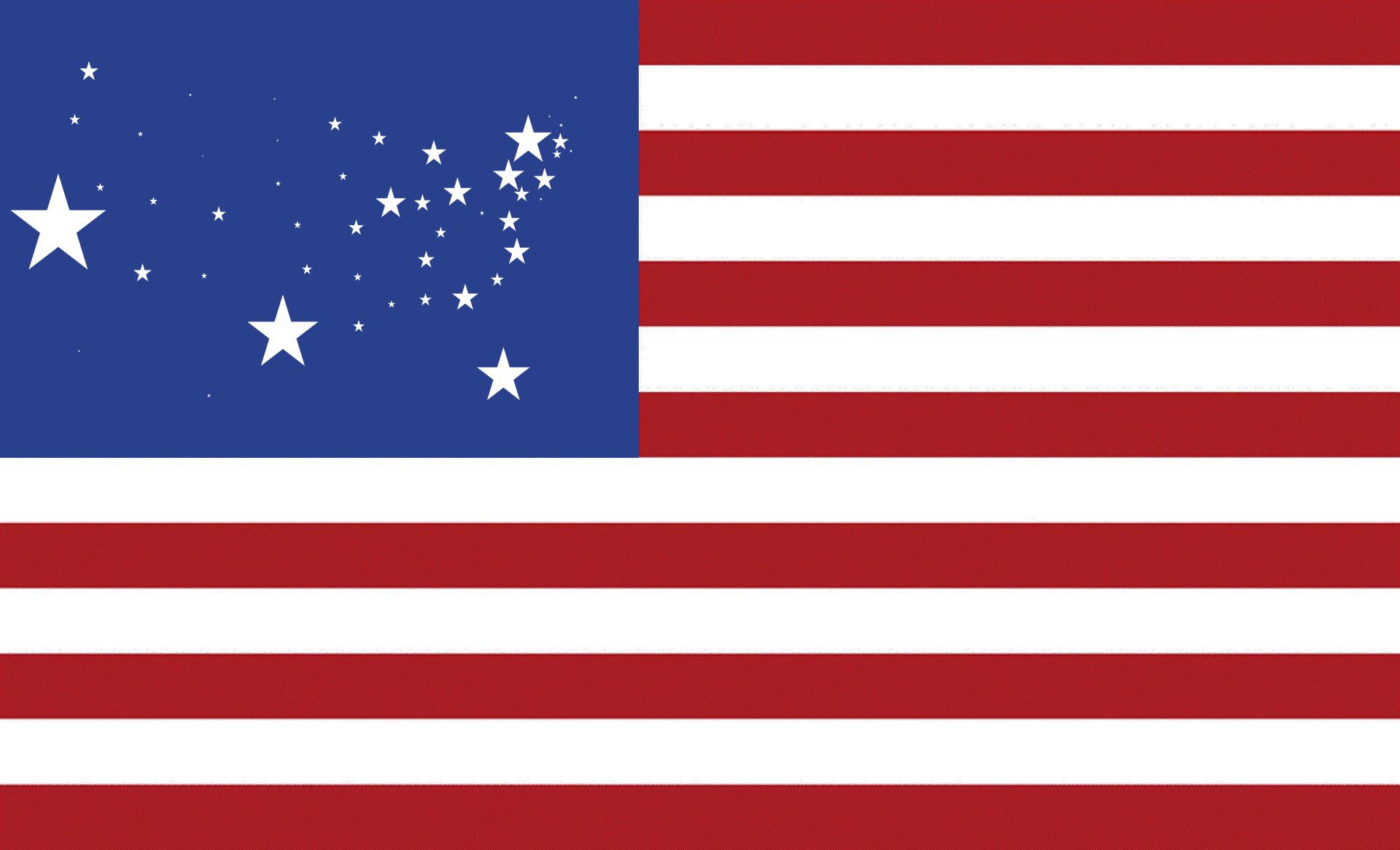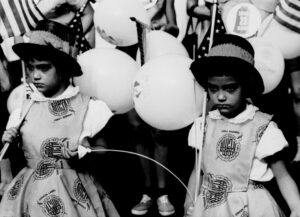TOGGLE COLUMNS (on/off):ADJUST COLUMN POSITIONS: select the column header cell and drag it where you want. show me!COPY INDIVIDUAL COLUMN(S): use CopyTables, a browser extension.
| Contribute a translation | Source (English) |
|---|---|
Our God and Creator: On this day we consecrate to you the labor of muscle and mind. We thank you for the gifts of life and for the wherewithal to sustain it. Yours is the earth and all it holds,[1] Cf. Psalms 24:1. and you have unlocked its resources for the service of humanity. Yours is the energy pent in the seed, and yours is the strength and skill of humanity, whereby they cause the fields to yield to them food in abundance. | |
When men and women bring forth that which satisfies their needs, it is you who instruct them. When they exchange with one another what they can best do and make, it is you who guides them. You desire that all people have at their disposal what each most needs for health and comfort and for the full use of the gifts wherewith you have endowed them. | |
Bless our toil, O God, that no one in this land of ours or in any other land need ever lack bread to eat, or raiment to wear, the shelter of a home, or whatever else he may require for health of body and mind. | |
Restrain our hungers from becoming extravagant, and hold back our desires from exceeding the bounds of reason and justice. | |
Withhold us from selling our labor to the service of greed and of hate, and give us the wisdom and courage to devote it to your service, to banish poverty, disease, and war, and to establish your rule of freedom, brotherhood, and peace. Amen. |
“Opening Prayer on the Significance of [Labor] Day” was first published in The Faith of America: Readings, Songs, and Prayers for the Celebration of American Holidays (Jewish Reconstructionist Foundation 1951), p.165. It is unclear from this publication whether the prayer was written by Mordecai Kaplan, J. Paul Williams, or Eugene Kohn separately or together in collaboration. I have replaced archaisms in this prayer (thee, thy, thou, etc.) and made other changes to make this prayer more gender-neutral (e.g. by replacing ‘man’ with ‘humanity.’) –Aharon Varady
Source(s)

Notes
| 1 | Cf. Psalms 24:1. |
|---|

“Opening Prayer on the Significance of Labor Day, by Rabbi Mordecai Kaplan, J. Paul Williams, and Eugene Kohn (1951)” is shared through the Open Siddur Project with a Creative Commons Public Domain Dedication 1.0 Universal license.










Comments, Corrections, and Queries